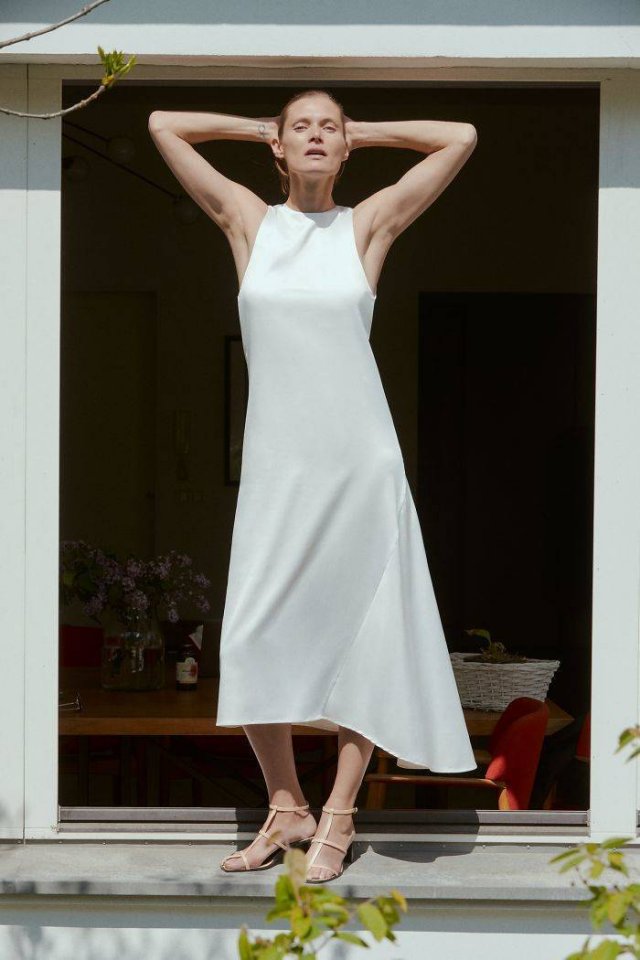
The film's original Chinese title, meaning "the age of blossoms" or "the flowery years" – a Chinese metaphor for the fleeting time of youth, beauty and love – derives from a song of the same name by Zhou Xuan from a 1946 film. Chin Tsi-ang as Suen's amah (female servant).

Siu Ping Lam as Ah Ping, Chow's co-worker.If he can burst through that piece of dust-laden glass, he will walk back into those long-vanished years. He has always been thinking about everything in the past. Those vanished years, as if through a piece of dust-laden glass, can be seen, cannot be grasped. And everything he sees is blurred and indistinct. As though looking through a dusty window pane, the past is something he could see, but not touch. He whispers into a hollow in a wall and plugs the hollow with mud.Īfter Chow leaves Angkor Wat, the following intertitle appears and concludes the film: He leaves without realising Su is the lady living there.Ĭhow travels to Siem Reap, Cambodia and visits Angkor Wat. He asks about the Suen family next door, and the new owner tells him a woman and her son are now living there. Some time later, Chow returns to visit his landlords, who have emigrated to the Philippines. Suen, who is about to emigrate to the United States, and inquires about whether her apartment is available for rent. While dining with a friend, Chow relays a story about how in older times, when a person had a secret, they could go atop a mountain, make a hollow in a tree, and whisper it into the hollow and cover it with mud. Later, Chow realises she has visited his apartment after seeing a lipstick-stained cigarette butt in his ashtray. She calls Chow, who is working for a Singaporean newspaper, but remains silent when Chow picks up. The next year, Su goes to Singapore and visits Chow's apartment. She agrees but arrives too late at the hotel to accompany him. When Chow takes a job in Singapore, he asks Su to go with him. As time passes, they acknowledge that they have developed feelings for each other. Their increased time together draws the attention of their neighbors, leading Chow to rent a hotel room where they can work together undistracted. Although they initially are friendly to each other only as need be, they grow closer as they realize that their spouses are having an affair.Ĭhow invites Su to help him write a martial arts serial. Suen, and their bustling, mahjong-playing neighbours, Chow and Su are often alone in their rooms. Due to the friendly but overbearing presence of a Shanghainese landlady, Mrs.

Each has a spouse who works and often leaves them alone on overtime shifts. In 1962 British Hong Kong, Shanghai expatriates Chow Mo-wan, a journalist, and Su Li-shen, a secretary at a shipping company, rent rooms in adjacent apartments. He does not have the courage to come close. She has shyly kept her head lowered, giving him a chance to come close. That was a type of embarrassing encounter. The following intertitle begins the film: Wea said mourning requirements would prevent Kanaks from campaigning throughout the territory as they would be focusing on visiting bereaved communities for traditional ceremonies.Plot Opening Intertitle He called France’s minister for overseas territories, Sebastien Lecornu, “a cowboy, because he doesn’t want to pay attention to what we are asking, he doesn’t respect our customs”.

He described 30 deaths in his family, spread across Ouvea and Lifou Islands, as well as the north of the main island. The lockdown measures include curfews, a ban on gatherings of more than five, anda limit of nine mourners at a funeral.Īs lockdowns lift, FLNKS leaders have said that the first priority of Kanak communities will be to complete customary mourning ceremonies, which often take several months, rather than campaigning for the upcoming independence vote.Ī FLNKS member, Charles Wea, said the virus had devastated the Kanak people. The virulent Delta surge saw the territory go from zero cases at the start of September to more than 10,000 cases within six weeks, with lockdown measures affecting traditional Kanak mourning rites. Photograph: Dominique Catton/The Guardian Independence supporters on the Island of Ouen, in the bay of Prony, New Caledonia, during the referendum in 2020.


 0 kommentar(er)
0 kommentar(er)
